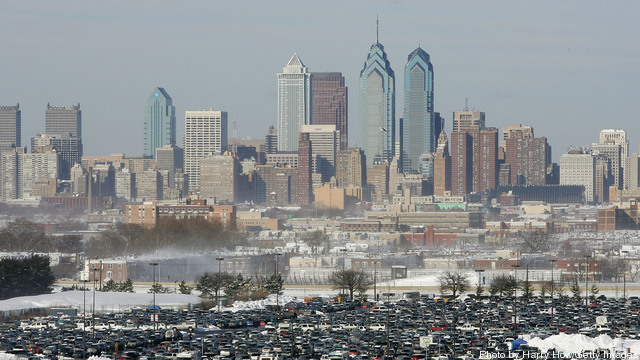Financial advisory and asset management firm Lazard recently published its annual report on the costs of electricity generation technologies, finding that the costs for clean energy projects continue to decrease.
Lazard
Lazard Annual Report Reveals Steady Decline In Costs Of Clean Energy Technologies
By Sahir Surmeli | Mintz Levin - Energy & Clean Technology MattersSign up and get Breaking Energy news in your inbox.
We will never sell or share your information without your consent. See our privacy policy.Energy News Roundup: Lazard Release Renewable Energy Report, American Consumers Paying Less For Energy & Oil Search-Woodside Merger Fails
By Conor O'SullivanA recent analysis from Lazard of the levelized cost of various forms of energy shows wind, solar and biomass states they are already cost-competitive with most fossil fuels. [WSJ] American households are expected to pay an estimated $700 less for energy expenditures than in 2014—a windfall that is expected to last through 2016, according to the EIA.… Keep reading →
Levelized costs don’t tell the whole story about competitiveness. But they provide a helpful guide for where clean energy is headed. Renewables in the electricity sector are undoubtedly getting cheaper. But exactly how cheap compared to conventional fuels? If using the common levelized cost of energy (LCOE) metric, renewables are actually starting to rival fossil… Keep reading →

Philadelphia Mayor Michael Nutter said on Monday the city is seeking a buyer for its publicly owned gas utility, the largest of its kind in the US, after an independent report concluded that a sale could raise several hundred million dollars for the city’s general fund.
The study by the investment bank Lazard concluded that the time is right to sell Philadelphia Gas Works because there’s good demand for strategic utility acquisitions, and because interest rates are low. Keep reading →



